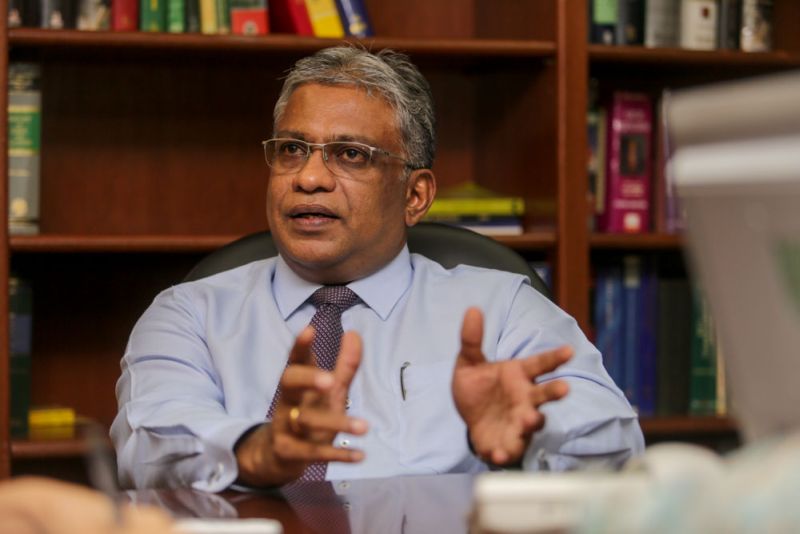KUALA LUMPUR, Jan 9 – The Malaysian Bar criticised today the abuse of the Communications and Multimedia Act (CMA) 1998 even as it praised the court verdicts in two sedition cases that endorsed freedom of speech.
Its vice president, George Varughese, urged the government to stop using and to repeal legislations that negate the exercise of the freedoms of speech, expression, opinion and thought.
“In 2016 alone, the number of reported cases totalled at least 39, including persons questioned, arrested, charged or sentenced,” said Varughese in a statement, referring to CMA cases.
“Such resort to the CMA by the authorities has a chilling effect on the freedom of opinion and thought, and creates a climate of fear that suffocates freedom of expression and threatens to silence Malaysians.
“The misuse of sections 233(1)(a) and 263(2) of the CMA gives rise to the perception that the CMA is yet another dressed-up political weapon,” he added.
Section 233(1)(a) of the CMA criminalises, among others, the use of network facilities or network services by a person to transmit any communication that is deemed to be offensive and could cause annoyance to another person, while Section 263(2) provides for the barring of public access to websites.
“It is broad in scope, vague and ambiguous, with entirely subjective terms such as 'offensive' and 'annoy,' and has been used to quash contrary or dissenting voices in the public sphere,” said Varughese, referring to Section 233(1)(a).
The most recent report on the use of the law was reported on last Saturday, where a man in Dungun, Terengganu, was arrested for allegedly criticising the prime minister.
Varughese said another provision of the CMA that has been abused is section 263(2), which provides for the barring of public access to websites, and has been perceived as intimidation and harassment of the media.
He said the right to information and the right to know belonged to every citizen.
“While it recognised that the freedom of expression is not absolute, any restriction of this fundamental liberty must be reasonable and proportionate, and cannot be founded on any arbitrary or unlawful exercise of power by the authorities.
“This would be nothing less than a frontal assault on the rule of law, and would render the constitutional guarantee in Article 10(1)(a) meaningless,” he said.
Last year, the Court of Appeal in two separate cases involving PKR's Mat Shuhaimi Shafiei and blogger Muhammad Safwan Bin Anang @ Talib had ruled against provisions in the Sedition Act, calling it unconstitutional.
The Sedition Act has been used by authorities in Malaysia heavily in recent years, mostly to counter members of the Opposition, non-governmental organisations and even academics from critiquing the government.



















